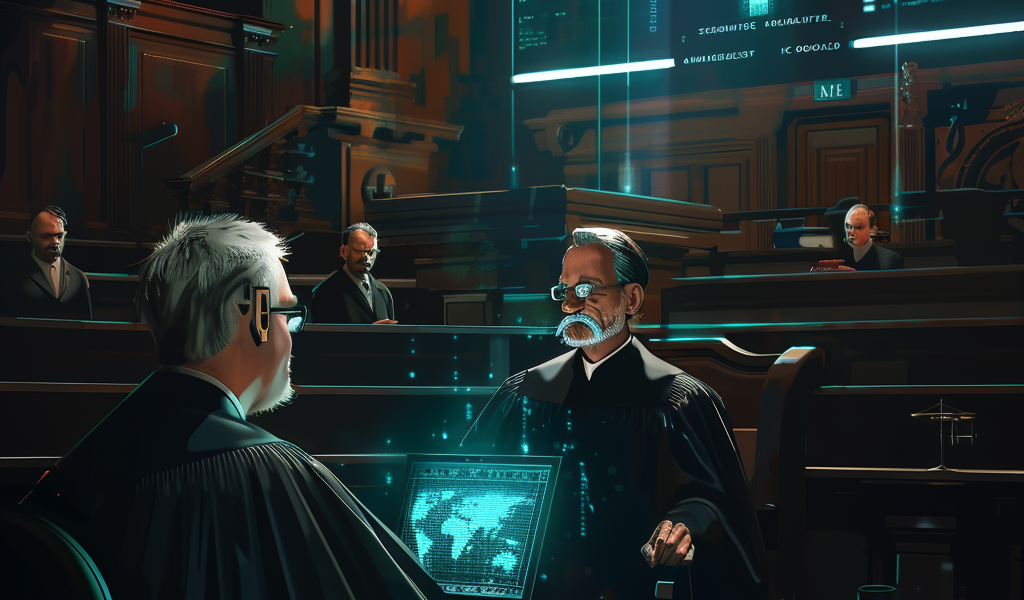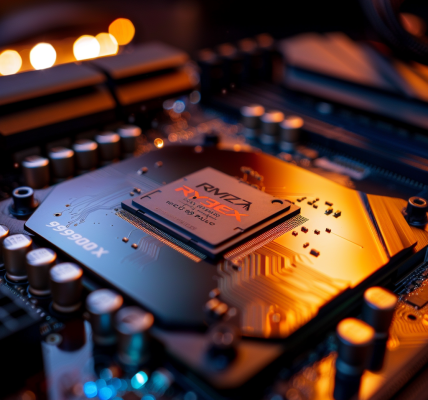In a recent legal case, a New York judge issued a stern warning regarding the use of AI chatbots in court proceedings, highlighting the potential pitfalls of relying on artificial intelligence for expert testimony. This incident revolves around an expert witness, Charles Ranson, who employed Microsoft’s AI chatbot Copilot to evaluate damages in a real estate dispute, ultimately leading to his reprimand.
The case at hand involved a rental property valued at $485,000 located in the Bahamas. Following the death of the property owner, the estate was placed in a trust for his son. The deceased man’s sister, who was responsible for managing the trust, faced accusations of breaching her fiduciary duties by delaying the property’s sale while using it for personal gain. Central to the case was the need to demonstrate that the son incurred damages due to his aunt’s actions.
Ranson, who has a background in trust and estate litigation, was brought in as an expert witness to assess the damages. However, the presiding judge, Jonathan Schopf, noted that Ranson lacked relevant expertise in real estate. In an attempt to bolster his testimony, Ranson turned to Copilot to generate an assessment of the damages.
During his testimony, Ranson disclosed his use of Copilot but struggled to recall the specific prompts he inputted or the sources that the AI relied upon for its calculations. Furthermore, he was unable to provide a clear explanation of how Copilot functions, raising questions about the reliability of the information generated by the AI.
To further investigate the accuracy of Ranson’s conclusions, the court decided to put Copilot to the test. They posed a question to the AI: “Can you calculate the value of $250,000 invested in the Vanguard Balanced Index Fund from December 31, 2004, through January 31, 2021?” The responses from Copilot were inconsistent, yielding three different answers, none of which aligned with Ranson’s assessment.
When the court inquired about the reliability of its outputs, Copilot cautioned that its information should always be verified by human experts. This exchange underscored the limitations of AI in providing definitive answers in complex legal matters.
The incident raises significant concerns about the increasing reliance on AI tools in legal contexts. While AI can offer valuable insights and enhance efficiency, its application in critical decision-making processes, particularly in the courtroom, warrants careful scrutiny. The case serves as a cautionary tale for legal professionals who may consider integrating AI into their practices.
As the legal landscape continues to evolve, the implications of using AI in expert testimony are far-reaching. Legal practitioners must weigh the benefits of AI technologies against the potential risks of inaccuracies and the lack of accountability that may arise from their use.
In a world where technology is increasingly integrated into various sectors, the legal field must tread cautiously. The reliance on AI chatbots like Copilot for expert assessments may not only undermine the integrity of the legal process but also jeopardize the outcomes of cases that hinge on expert testimony.
As AI continues to advance, it is imperative for legal professionals to remain vigilant and discerning in their use of technology. The balance between leveraging AI’s capabilities and ensuring the accuracy and reliability of expert testimony will be crucial in maintaining the integrity of the legal system.
Ultimately, the incident involving Ranson and Copilot serves as a reminder that while AI can be a powerful tool, it is not infallible. Legal experts must continue to prioritize their expertise and judgment, ensuring that technology serves as a complement to, rather than a substitute for, human insight in the courtroom.





